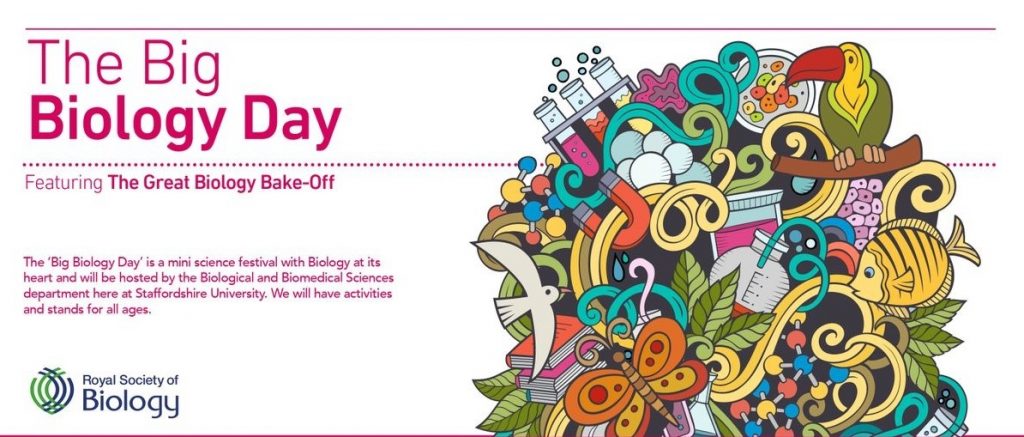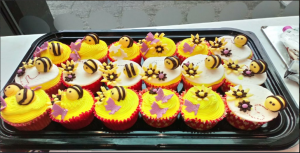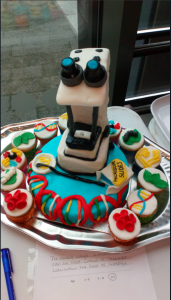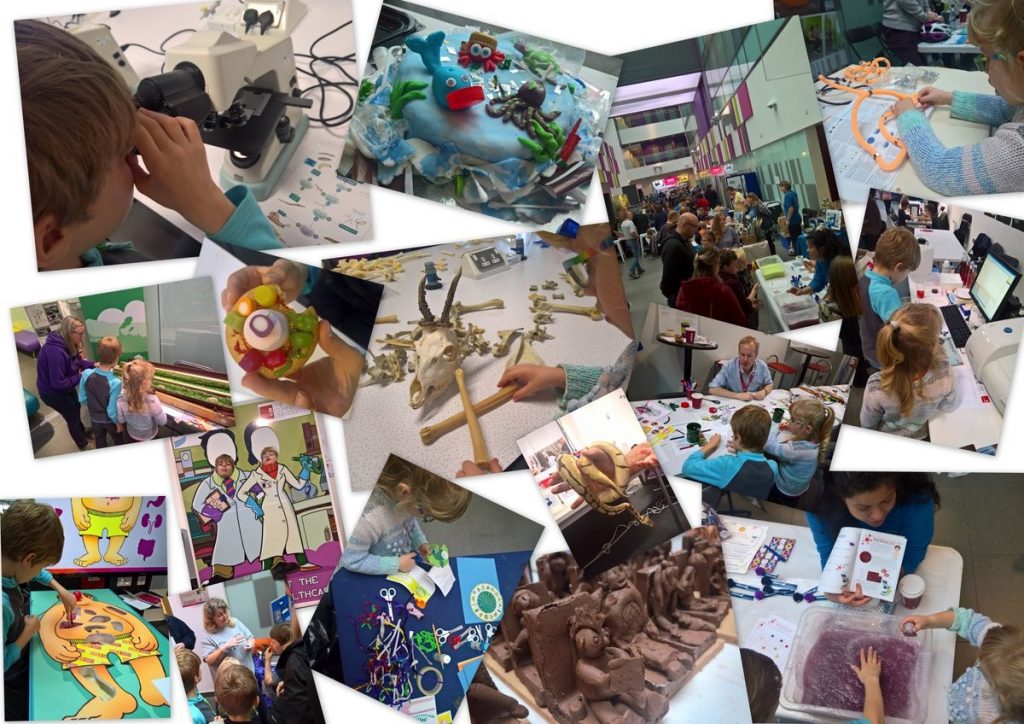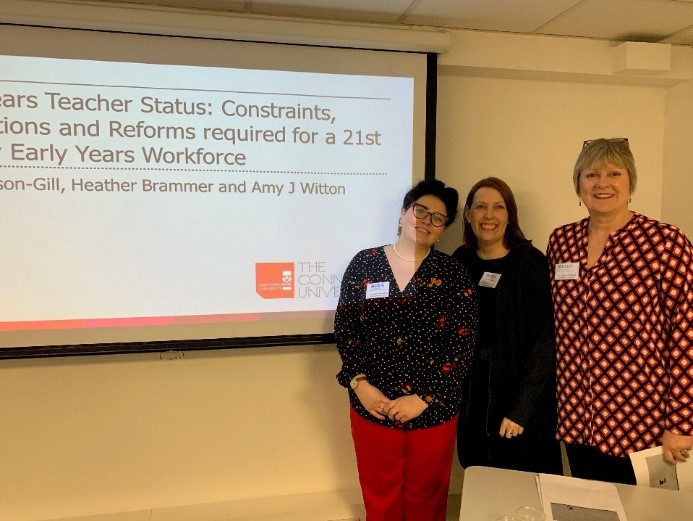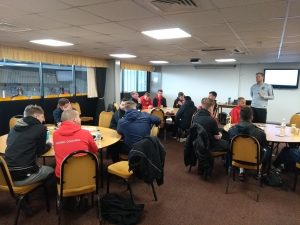In the Biological & Biomedical Sciences department we always want to hear from our students throughout their course as we value them and their thoughts and experiences with us at Staffordshire University.
As part of our new series of Staffs BioSciences Student Stories, we’re pleased to introduce Gemma who is currently on our Human Biology course. Find out how Gemma is getting on with her studies as she shares a little about herself and her experiences with us.
I’m a part time student and a full-time mum to three children. I decided to come to university as a hobby in the beginning, I hadn’t thought about a career at the time. Now I can honestly say it is one of the best decisions I made. I’m about to start my final year and I’m so proud for what I’ve achieved in the past four years. The people I’ve met along the way have been fantastic. I’m truly happy that I decided that this was right for me.
Why did you choose to study Human Biology with Staffordshire University?
My honest answer is distance from school in case they rang, and I had to leave. With that said I’m glad I chose Staffs. The lectures and technical staff are fantastic, any problems or questions I’ve had they’ve always been happy to help in any which way they can. A massive thank you to all the Bioscience staff. Continue reading


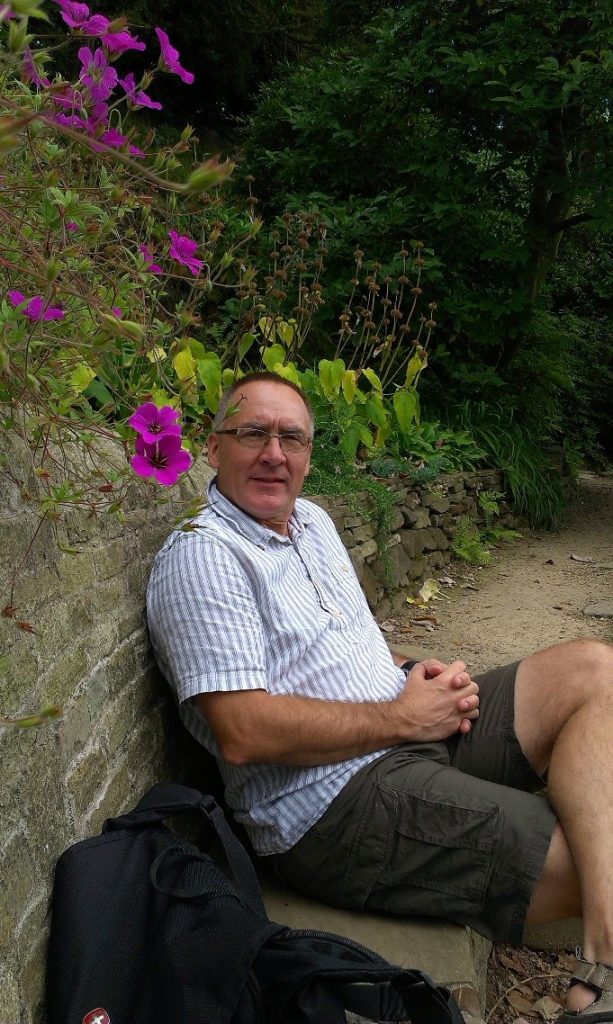 With summer started (honestly!) many people turn to the public green spaces around them (such as gardens, parks, towpaths, the moorlands) for a place in which to relax. It’s only then, when listening to the natural world, that people become aware of the background buzz of the workers toiling in these places. The question many are now asking (Hallman et al 2017) is has that noise become quieter? The evidence is mounting that there are fewer insects in the ‘wilder spaces’ but that private green spaces such as home gardens provide places where insects (and I must admit to favouritism here) can call home, or a workplace. Just a quick search of the internet shows most of the wildlife charities (links below) recognise the value of garden green spaces and the needs to, just ever so slightly, rewild them.
With summer started (honestly!) many people turn to the public green spaces around them (such as gardens, parks, towpaths, the moorlands) for a place in which to relax. It’s only then, when listening to the natural world, that people become aware of the background buzz of the workers toiling in these places. The question many are now asking (Hallman et al 2017) is has that noise become quieter? The evidence is mounting that there are fewer insects in the ‘wilder spaces’ but that private green spaces such as home gardens provide places where insects (and I must admit to favouritism here) can call home, or a workplace. Just a quick search of the internet shows most of the wildlife charities (links below) recognise the value of garden green spaces and the needs to, just ever so slightly, rewild them.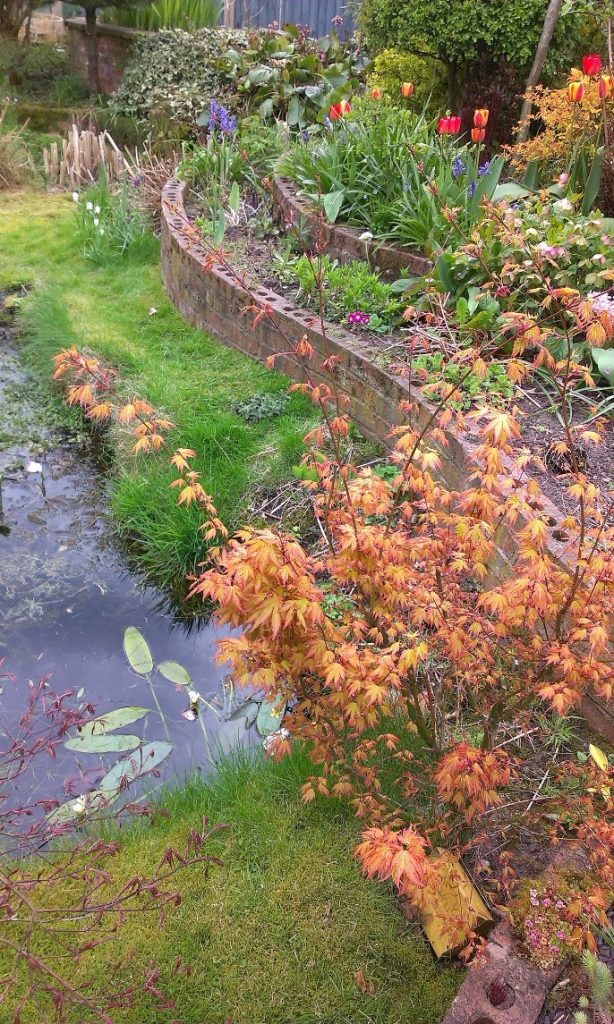
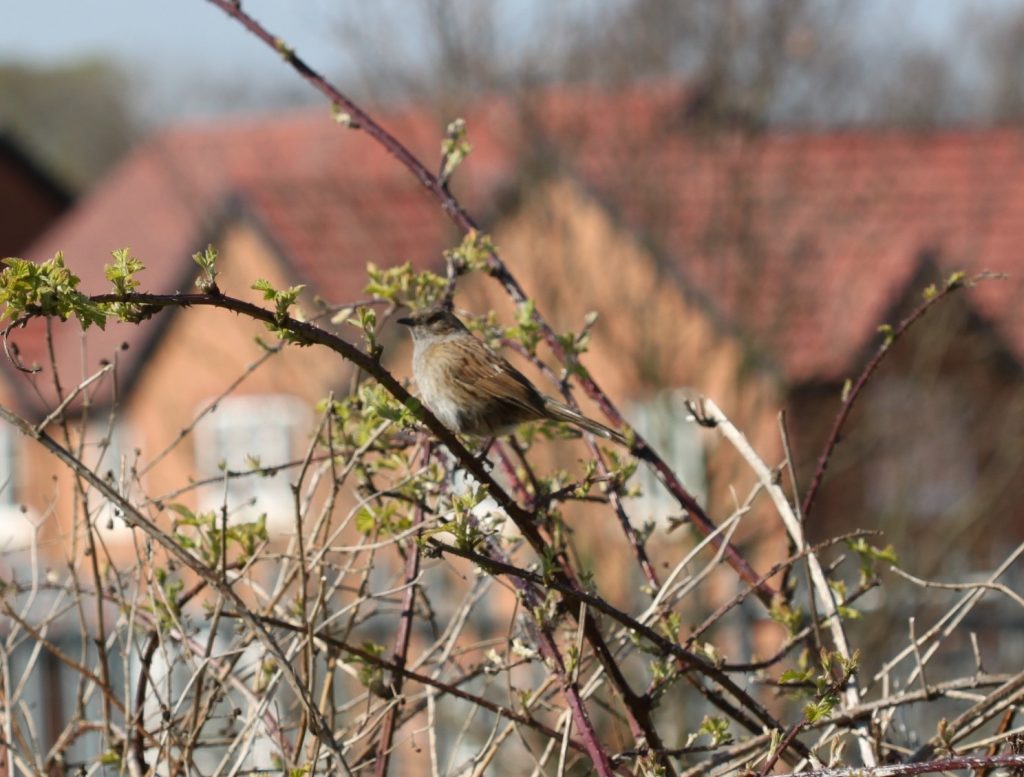 Dunnock on Bramble
Dunnock on Bramble 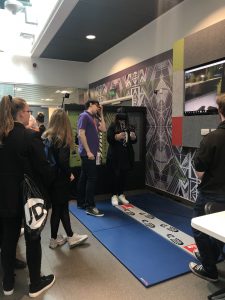
 on my knowledge.
on my knowledge.

